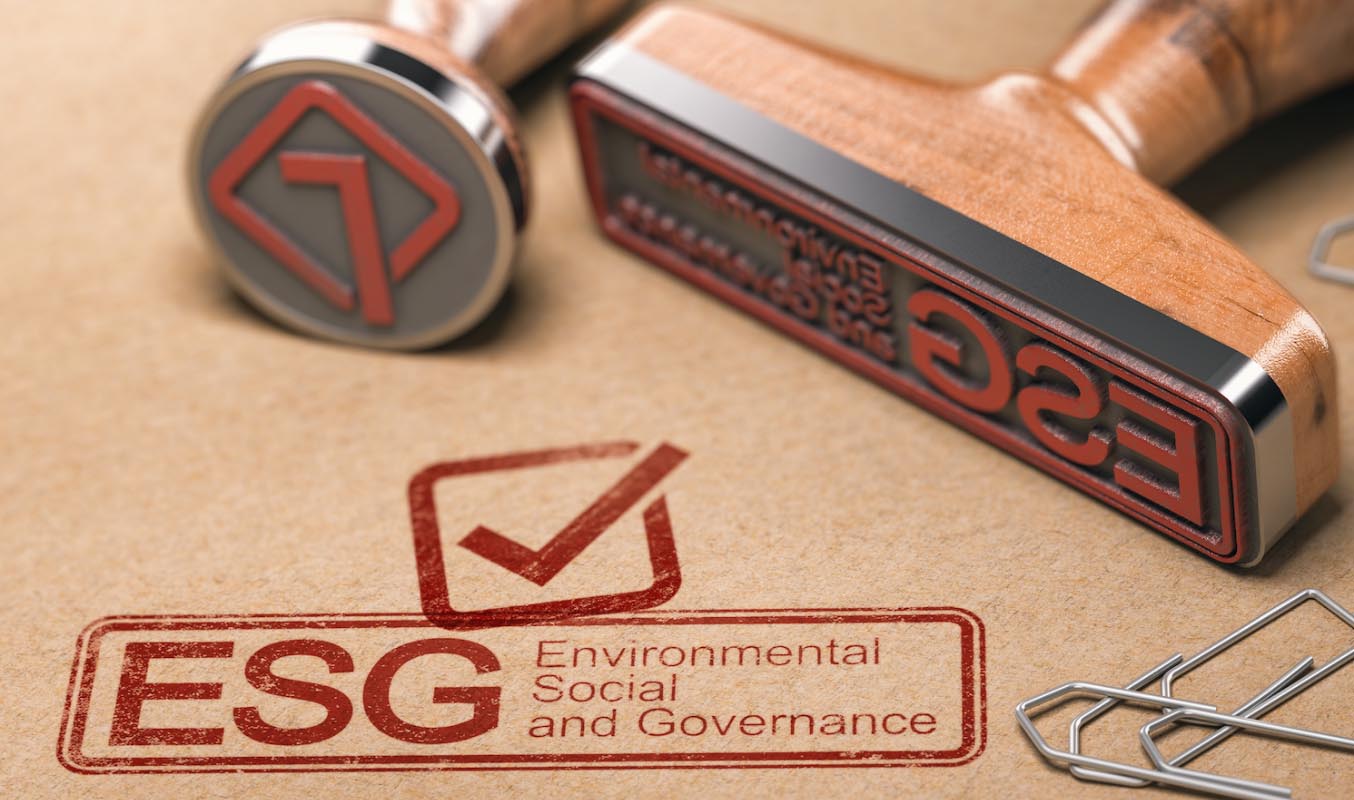With increasing focus on environmental, social and governance concerns, many organisations are looking at how to build this into their business practices. Considering the history of ESG issues can help us understand their importance and how to better maintain sustainable governance.
Let’s take a look at the evolution of modern ESG:
Early Origins
Of course, ESG hasn’t always gone by the same name. Centuries ago, it was seen as social or moral responsibility. Quakers were particularly well-known for this – and some examples include Cadbury and Rowntree’s,which were originally founded with principles for responsible investment in mind.
This involved engaging with the local community and intending to support the disadvantaged. When it came to these confectioners, it often involved promoting temperance. Although much has changed since these early days of ESG and the legacy of these organisations has grown more complex, it shows how ESG has existed since the start of industrialisation.
20th Century Development
A more modern form of ESG started to evolve in the 20th century. Movements for social justice led the way in asserting the importance of coming together to improve social conditions.
Protest movements such as anti-Apartheid demonstrations and the reaction to the Vietnam War called upon stakeholders to exercise their economic power. This forced organisations to reevaluate the significance of responsible governance. Alongside individual philanthropy, ESG was becoming a matter of corporate necessity.
A crucial development in this was in 1984 when Edward Freeman promoted ‘stakeholder theory’ in Strategic Management: A Stakeholder Approach. He argued companies should focus on more than profit as their main responsibility was to their stakeholders.
There was also an increasing emphasis on reporting and transparency which are central to the development of ESG. This was accelerated by the Enron Scandal which transformed governance standards.
ESG Evolution
It was relatively late in the history of ESG that it came to be known by its current name. A key milestone was the UN’s 2004 ‘Who Cares Wins’ report, which stated that ‘better consideration of environmental, social and governance factors will ultimately contribute to stronger and more resilient investment markets, as well as contribute to the sustainable development of societies.’
There have been numerous legislative changes in recent years. From the 2015 Paris Agreement to the 2006 Companies Act, national and international updates to the law have made a difference to how organisations do business.
Present Day
In the present day, ESG factors are more important than ever. Last year, the IPCC report showed the long-term impact humans are having on the planet. Organisations need to work together to improve their relationship with stakeholders, so they can forge ahead with their economic initiatives.
In 2019, Business Roundtable declared for the first time that they would put stakeholders first. The group includes many high-profile leaders, including Jeff Bezos of Amazon and Tim Cook of Apple. Before this, they had agreed to prioritise active investors in the company.
Whether or not organisations believe in corporate social responsibility, they have to pay attention to the transformation of ESG. Increasingly, investment decisions are based on ESG disclosures in the search for sustainable investments. Monitoring standards and integrating ESG into business practices is essential for any modern organisation. The term ESG is not going away any time soon.
How Can Convene Improve Your ESG Practices?
A Board Portal like Convene can help you reduce your carbon footprint by allowing you to meet remotely. We are a paperless solution, which means you don’t have to print off numerous Board packs.
From planning a meeting to creating a secure audit trail, we can help streamline your governance processes and support your commitment to change.
Our comprehensive features include:
- A Document Library with role-based access to ensure your sensitive documents are protected.
- A built-in Audit Trail, so you can be sure you are compliant with all regulations.
- Surveys, with the option for anonymity, so you can be sure you are aware of your employees' opinions.
- Accessibility Features, including text-to-voice, which makes us the leading accessible Board Portal.
- Fully GDPR-compliant security including AES 256-bit encryption and ISO 27001 accreditation.
Alongside this, we've been working on our own ESG reporting tool, so you can monitor your journey. Our aim is to alleviate some of the challenges of data gathering, performance tracking, and reporting - so organisations can move towards net zero.
We are currently working with a number of existing Convene housing customers, including Orbit, as part of our early adopters programme. Through their valuable feedback, we will together continue to develop and fine-tune our platform, delivering a robust end-to-end ESG experience.
If you'd like to learn more about how our Board Portal or ESG reporting software can make your governance more sustainable, contact us today to book a free trial.








